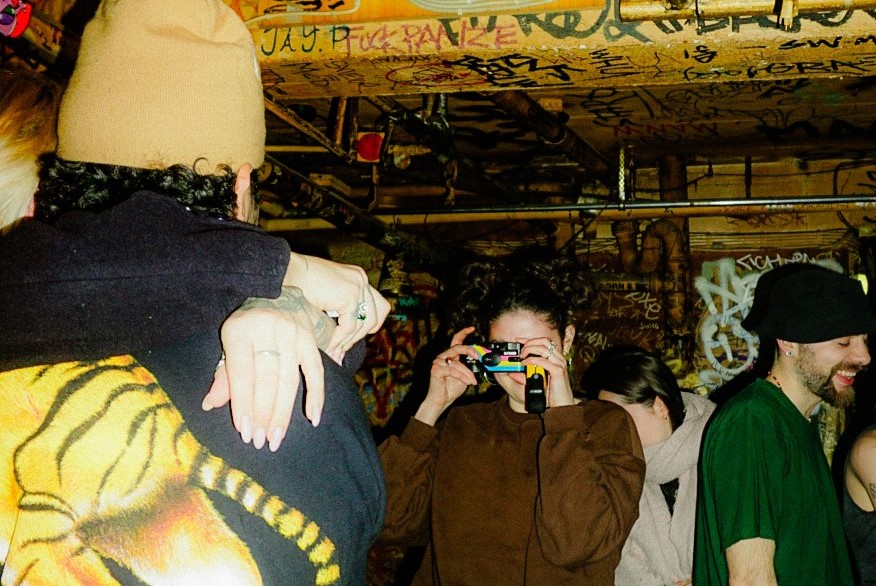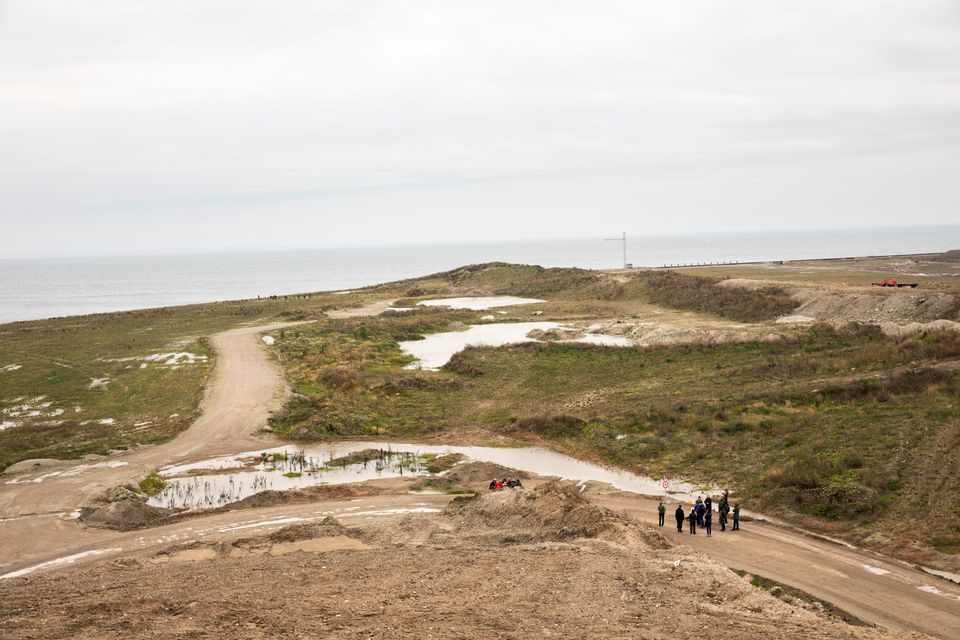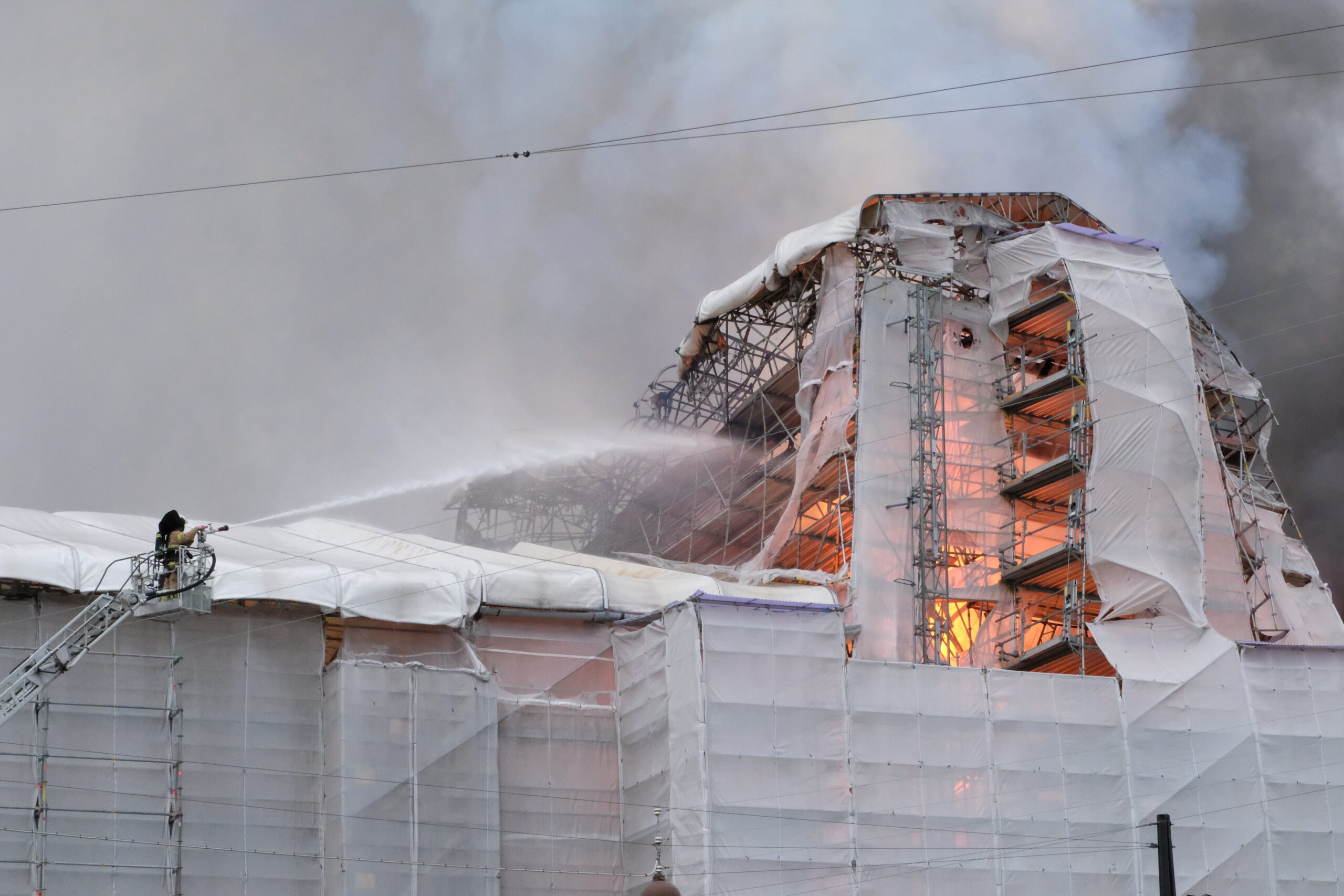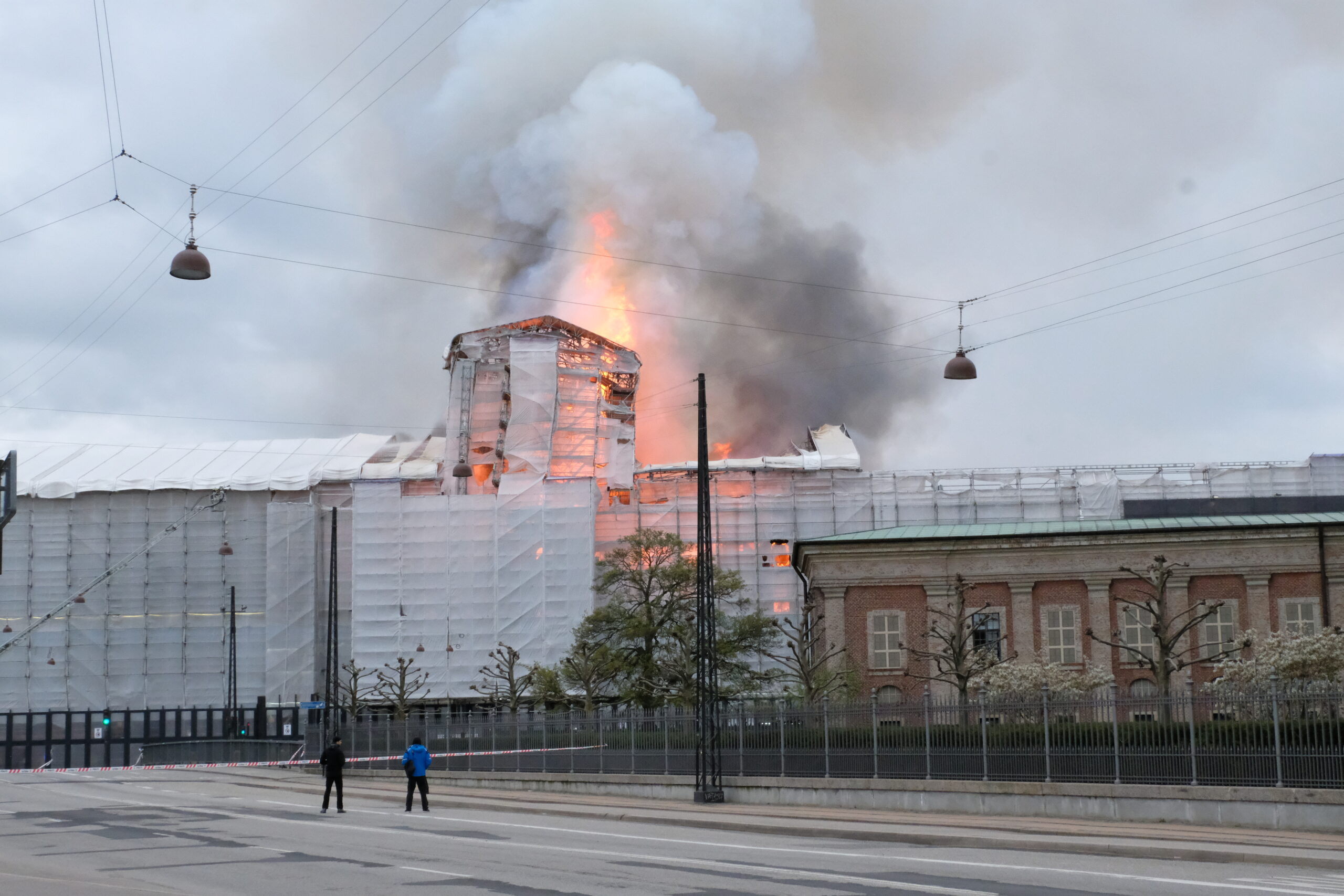For those who generally take a disinterest in opera, Krzysztof Penderecki is a Polish composer whose work, even if you don’t recognise his name, will be familiar. He counts among his admirers the film directors David Lynch, Martin Scorcese and the late Stanley Kubrick − all of whom have either collaborated with Penderecki or used his compositions in their films, most notably in ‘Wild at Heart’, ‘Shutter Island’ and ‘The Shining’.
Based on a documented episode of mass-hysteria and exorcism at a French convent during the 17th century, this opera, directed here by the celebrated British talent Keith Warner, opens with the hunchbacked Mother Jeanne (Ylva Kihlberg) receiving a rejection letter from the Priest Grandier (Louis Otey) declining her offer to lead her convent. Dejected and distraught, the woman becomes obsessed with the priest.
A powerful horror permeates the production, one of sickness that speaks of madness and human chaos, particularly the kind brought on by the suppression of natural human impulse, namely love. Grandier, having secretly taken a wife, laments the absurd incompatibility of God with happiness as does Jeanne secretly yearn for both the love of her parents and that of a man. There is also, surprisingly, a lot of humour. ‘The Devils of Loudun’ has spells of being very funny, at least for the first hour of its duration. It later takes a colder, violent tone, but only in accordance with the narrative, and it is no less engaging for it. Penderecki’s haunting string arrangements and choral cacophonies make for uncomfortable soundscapes that reverberate long after hearing them.
Some of the artistic direction, particularly the costumes, are intended to fuse a contemporary aesthetic with that of an authentic 17th century period – but this proves distracting and outmoded. However, the production design by Boris Kudlicka, which offers awe-inspiring spectacle, must be praised as outstanding. A central, travelling space that revolves and comprises three main spaces is particularly inventive.
The entire experience is enormously affecting, instilling a palpable sense of dread that is relative less to the Catholic conception of afterlife but instead speaks of the terrifying way in which men, under the veil of any religious or political institution, will wield the inescapable spectre of death as a tool of control and suppression. Grandier’s burning at the stake is brilliantly solved for the stage in a final image that elegantly serves to remind that this widespread chaos, reaching up into the highest levels of church and state, began in the heart of one so tragically unloved that she would wish her pain on others.
The Devils of Loudun will continue playing at Store Scene until March 26. The next performance is on Tuesday March 12.
The Devils of Loudun

Store Scene, Opera













